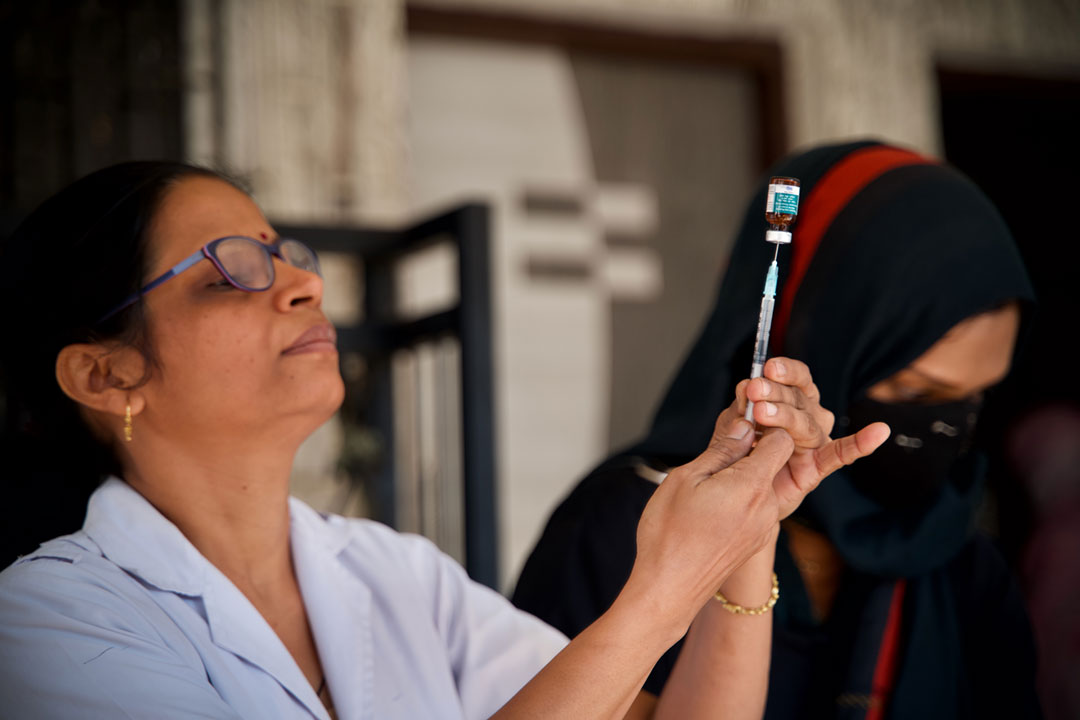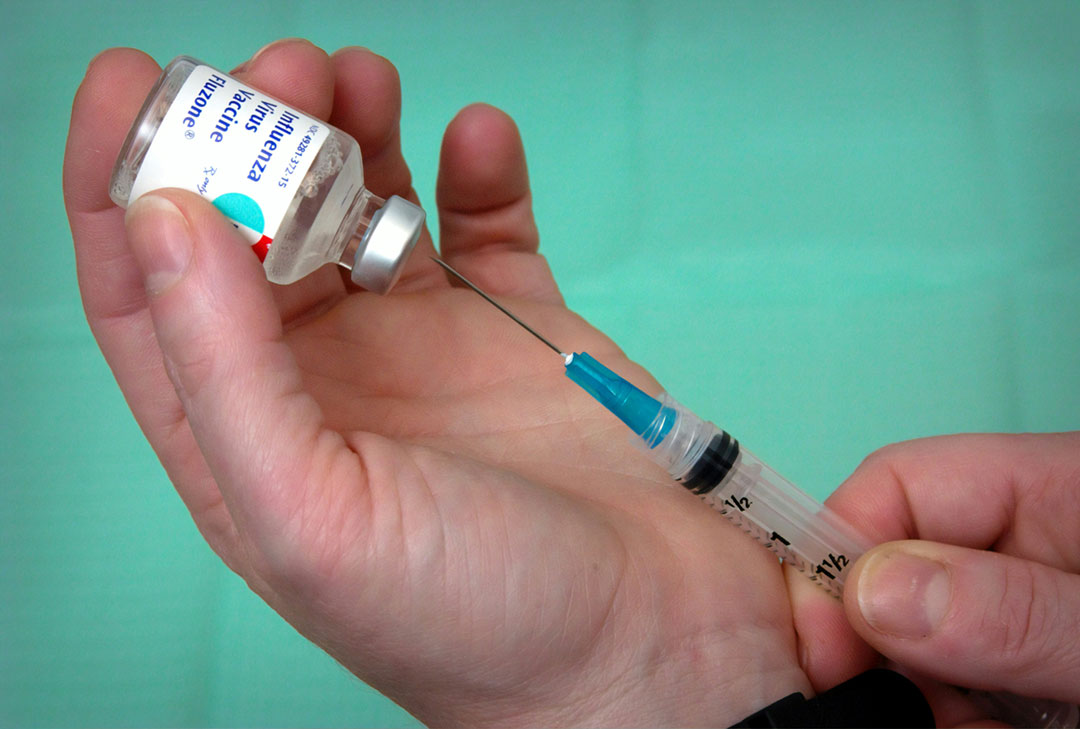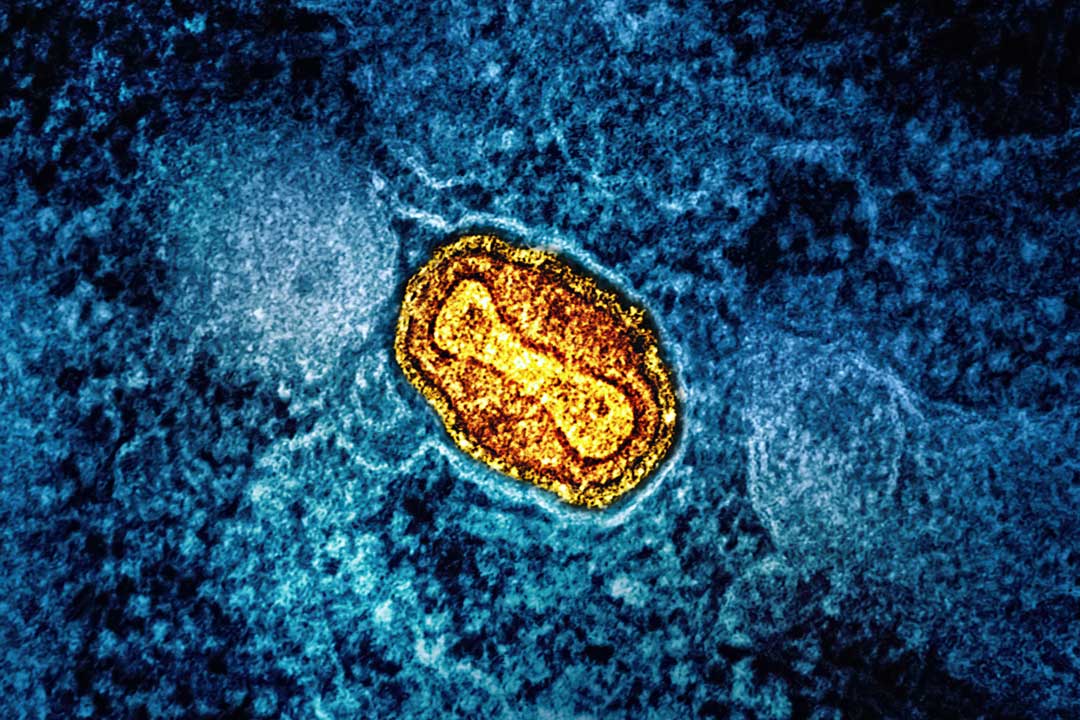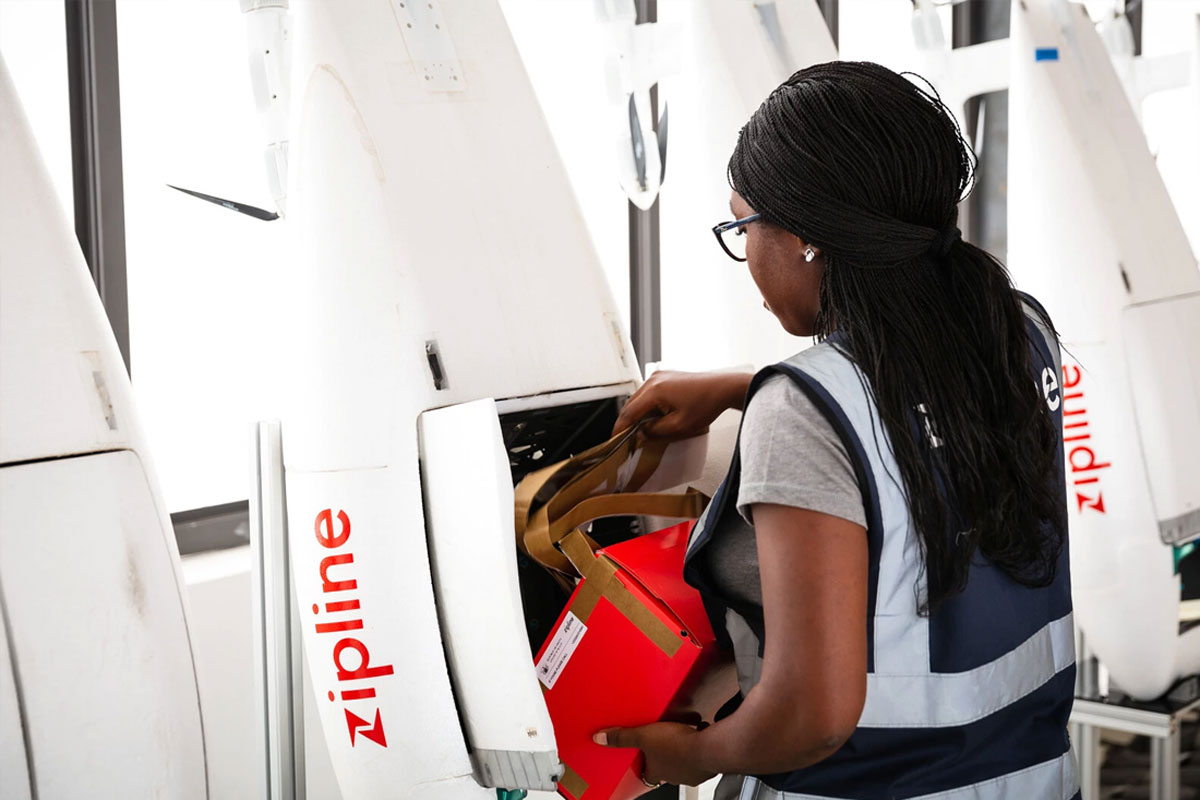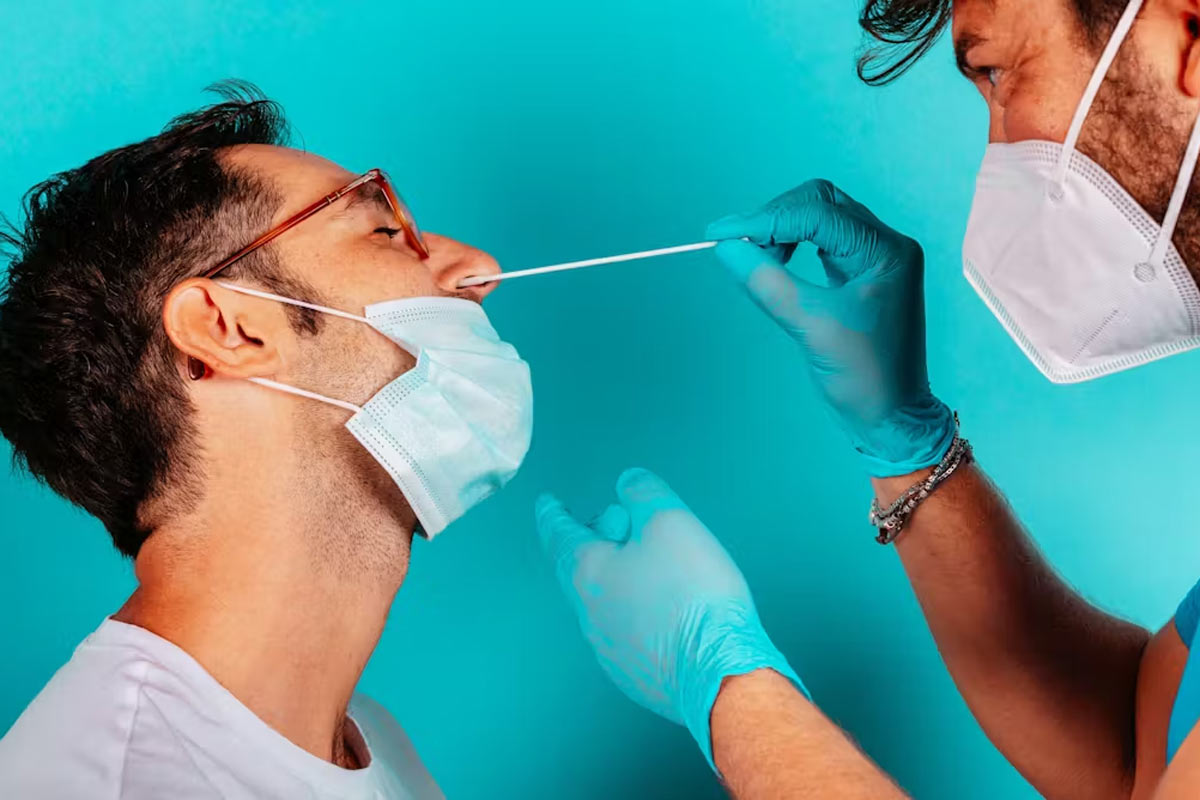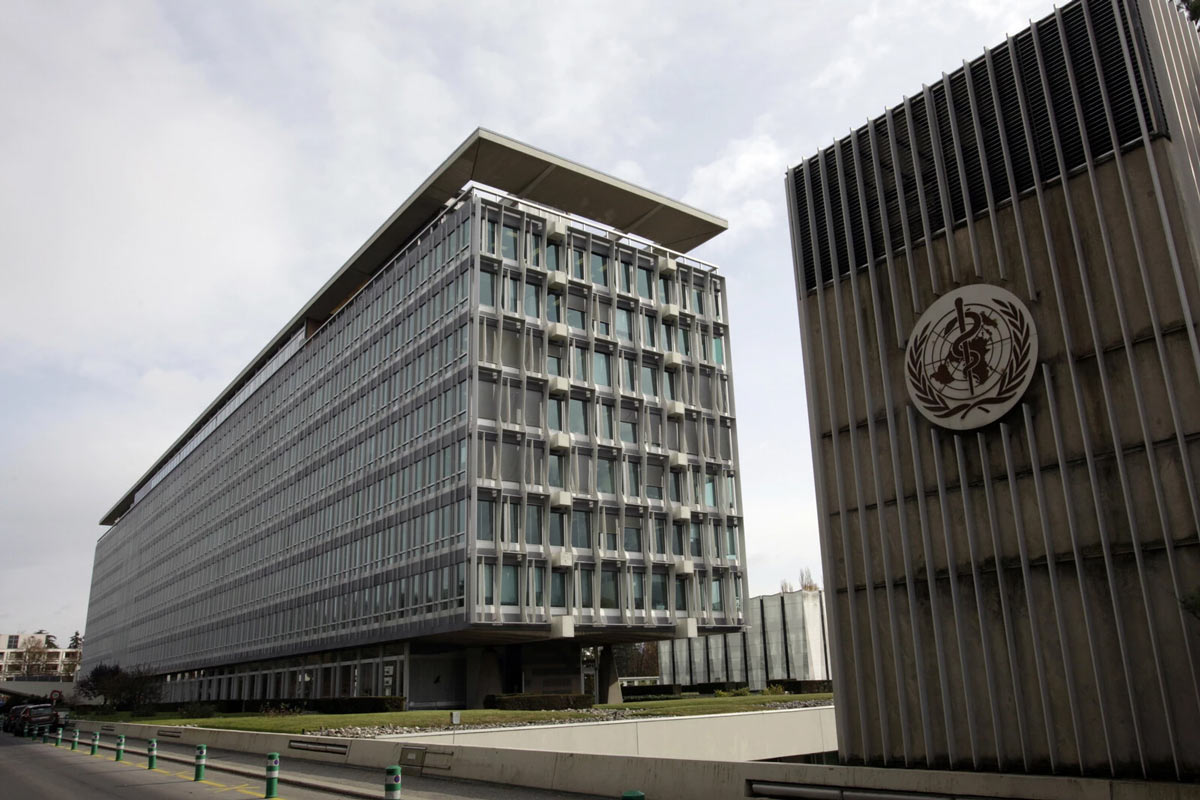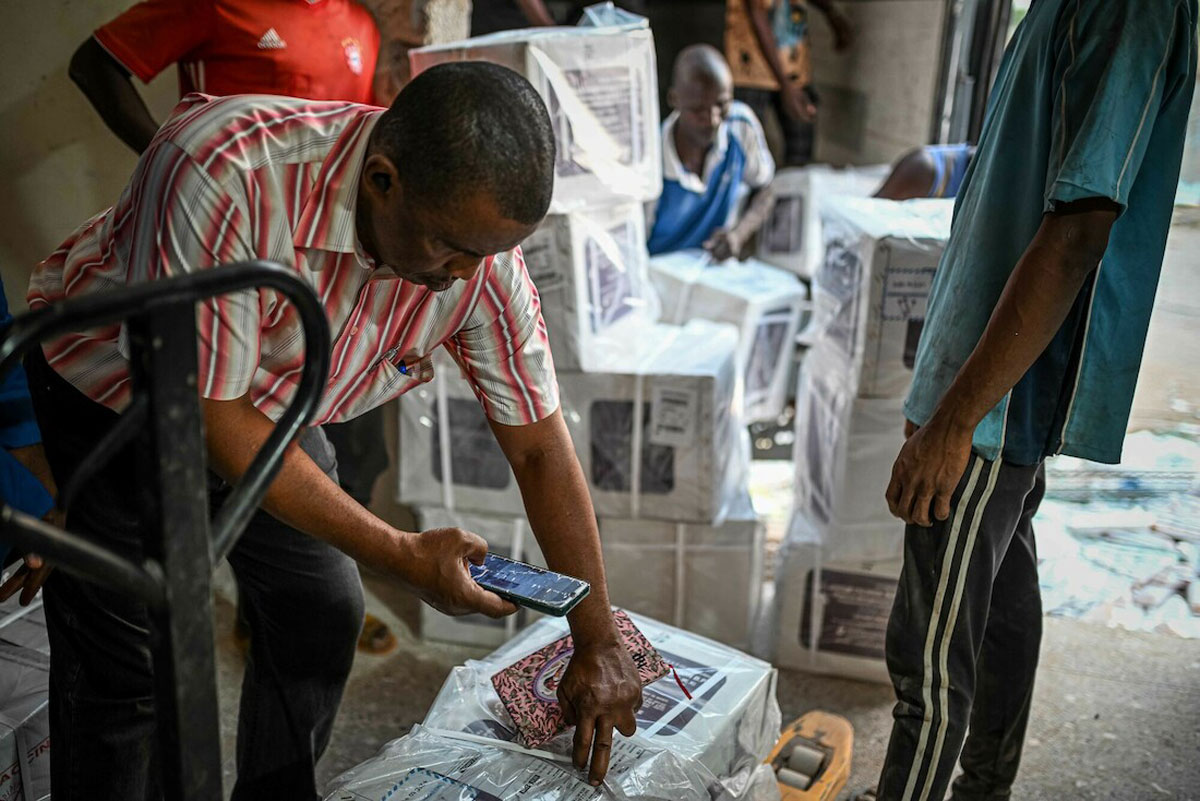What does the pausing of the AstraZeneca trial mean for other COVID-19 vaccines?
Gavi’s Derrick Sim, Director of Vaccine Supply and Demand, discusses why it is sometimes important to halt clinical trials.
- 23 September 2020
- 2 min read
- by Linda Geddes
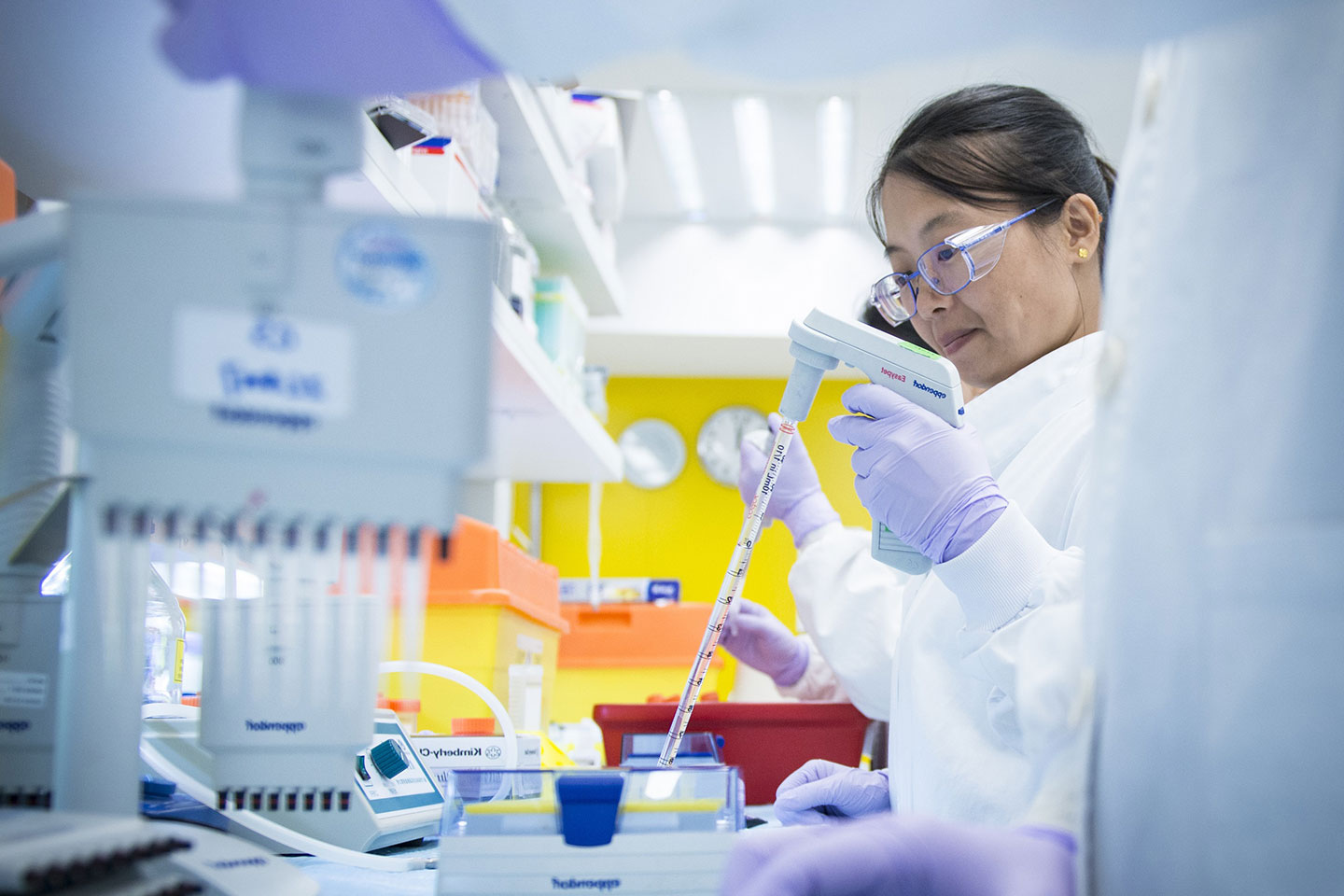
On 6 September, the University of Oxford and AstraZeneca paused enrolment in global trials of their COVID-19 vaccine candidate after a person participating in the trial was reported to have symptoms suggestive of inflammation of the spinal cord. The trial has since resumed, but what does the incident mean for the safety of other COVID-19 vaccines? Derrick Sim, Gavi’s Director of Vaccine Supply and Demand, explains.
Q: Is it usual for vaccine trials to be halted in this way?
Clinical trials are designed to assess the safety profiles of candidate vaccines and how they may work to protect individuals from infection. We expect them to identify side effects, which will inform the ongoing development of the vaccine and its suitability for potential use in individuals.
Trials are governed by Good Clinical Practice guidelines, which provide assurance that the data and reported results are credible and accurate, and that the rights, integrity and confidentiality of trial subjects are protected.
As part of this, the safety monitoring process may require that a study be halted while any significant adverse event is investigated.
Q: What must happen before a paused vaccine trial can resume?
We would expect the company to seek independent expert advice, which would include reviewing the data and evidence, and considering the risks and benefits of continuing the trial, and how it is conducted. Regulators such as the European Medicines Agency and US Food and Drugs Administration would also investigate the incident and make recommendations, which the company or research group must take on board.
Q: Why haven’t we heard about similar incidents for other COVID-19 vaccines in development?
Other vaccine trials also follow these guidelines, so the developers and researchers will continue to be vigilant and identify adverse events. Should these arise, they will evaluate the safety data and take the appropriate actions – including the halt of studies if appropriate, to ensure the safety of participants in these studies.
Q: Should people be reassured or worried by this news, and why?
Overall, it shows that the studies are identifying any potential adverse events as they ought to, and that these are being monitored to inform the development of the vaccine and its potential suitability for future use. Importantly it demonstrates that ethical and scientific quality standards for these trials are being upheld to ensure that the rights, safety and wellbeing of the trial subjects are protected.

